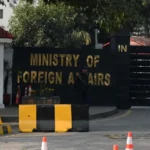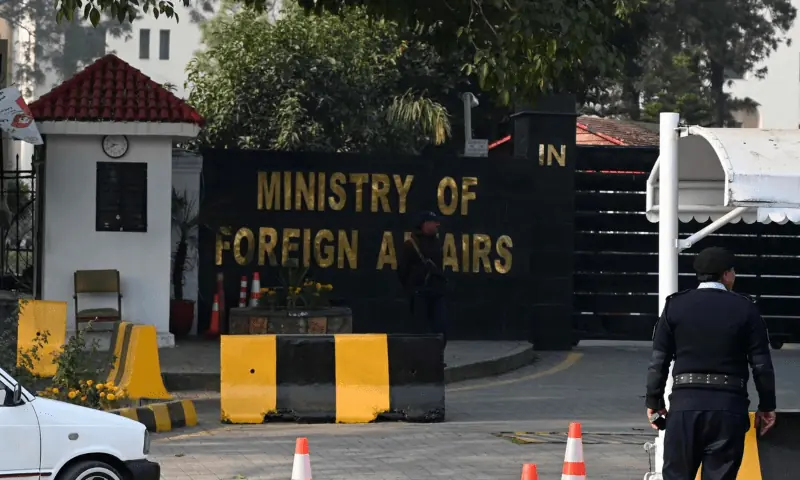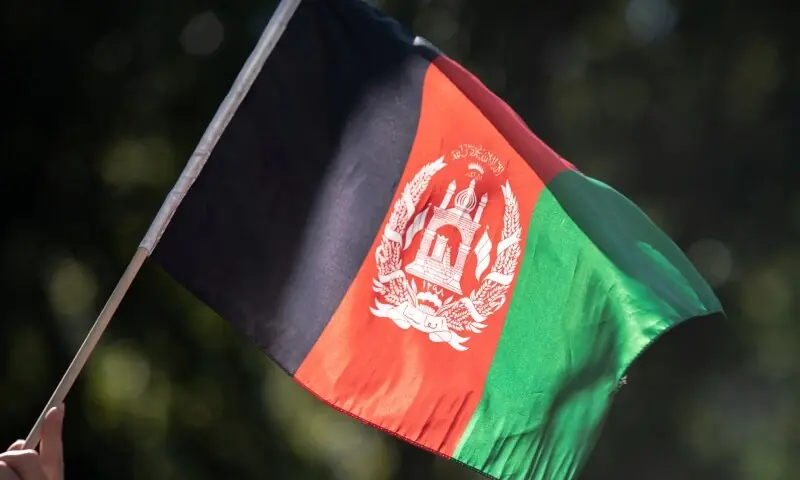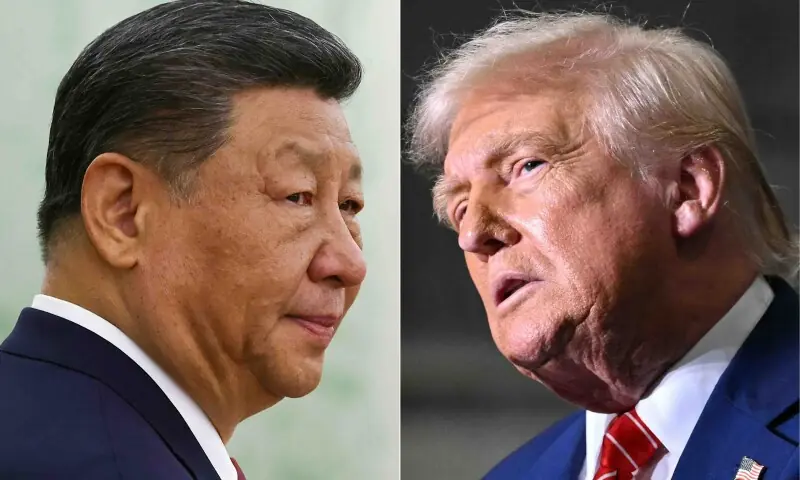SINCE the accession to power of the Afghan Taliban, Pakistan’s attitude towards Afghanistan has largely been one of patience, quiet diplomacy and cautious optimism, sometimes interrupted by defensive military counterattacks. The assumption was that a shared history and geography would translate into shared security interests. Islamabad placed its faith primarily in dialogue, believing that persuasion could prevent the Afghan side from allowing anti-Pakistan groups to operate across the border. However, events of recent months – the growing boldness of militant sanctuaries, deadly border clashes, and defiant rhetoric from Kabul – have underscored that diplomacy without accountability breeds impunity.
At no time since the Taliban’s return to power in 2021 has Pakistan’s border security been as fragile as it is now. Every promise of cooperation from Kabul has been followed by another attack on Pakistani soil. Every meeting, every delegation, every attempt at quiet mediation has ended with the same grim pattern: militants resurfacing on the other side of the Durand Line, launching raids, killing soldiers and retreating to what Pakistan calls “protected zones.” It is time to rethink what “engagement” means, not as an abandonment of diplomacy, but as its recalibration. True peace must rest on mechanisms that compel compliance and consequences that deter transgression.
The recent border clashes were the culmination of years of unrequited restraint. Pakistani soldiers, accustomed to acting cautiously on a volatile border, faced intense gunfire from across the line and paid with their lives. Statements from Kabul, denying responsibility or shifting blame, deepened public outrage. The national consensus is that dialogue alone will not secure the border. A firm and responsible strategy does not mean reckless aggression or collective punishment. It means replacing appeasement with deterrence, a model based on law, precision and the protection of civilians. It begins with a principle: when the territory of one State is repeatedly used for attacks against another, the victim State has both the right and the obligation to defend itself. The challenge is to exercise that right intelligently.
The first step is accountability. For too long, violations of Pakistan’s sovereignty have gone unanswered in international forums. Documentation of cross-border incursions, militant safe havens and targeted killings should form the basis of a formal diplomatic case, presented to regional partners and international organisations. The goal is to expose patterns of behavior that can no longer be ignored. Evidence-based accountability will insulate those inside Afghanistan who enable militancy while protecting its civilian population from broad sanctions.
Pakistan has been a patient neighbor, sometimes too patient for its own safety.
The second step is defensive deterrence. Pakistan’s border is long and mountainous, but it cannot remain porous. A modernized surveillance network, combining satellite imagery, drones and local intelligence, as well as rapid response, can dramatically reduce infiltration. The message should be: raids will meet with an immediate and proportionate response, not to provoke war, but to prevent it.
Third, Pakistan must leverage its economic and diplomatic clout. Afghanistan’s economy remains heavily dependent on cross-border trade, transit revenues and remittances. Conditional trade facilitation will create tangible incentives for cooperation. At the same time, Pakistan can mobilize its regional partners to impose targeted sanctions on networks that finance cross-border militancy. This is not collective punishment; It is pressure applied exactly where it hurts the facilitators the most.
However, firmness should not turn into revenge. Humanitarian channels must remain open. Pakistan has hosted millions of Afghan refugees for decades, often with little international help. That tradition of generosity can continue selectively, but it must be insulated from exploitation. Humanitarian corridors must be monitored, aid flows regulated, and border populations protected from both militant recruitment and retaliatory policies. Moral authority remains Pakistan’s most potent diplomatic asset; should not be delivered.
The fourth pillar is legal and multilateral commitment. Pakistan’s case should not be based on rhetoric alone. By presenting documented evidence of cross-border attacks to UN and regional mechanisms, Islamabad can shift the burden of proof. It may require verification missions, border surveillance agreements or external observers. If Kabul resists, its refusal will speak louder than any propaganda. This approach transforms Pakistan’s narrative from one of grievances to one of governance: a state acting within the law.
Fifth, Pakistan should build a coalition of the willing. No regional State benefits from an unstable border. China, Iran and the Central Asian republics share concerns about cross-border militancy. Coordinated intelligence sharing, joint patrol frameworks and shared surveillance capabilities can dilute the burden currently borne by Pakistan alone. Regional consensus would deprive militant groups of the illusion that they can exploit one neighbor against another.
But all these measures depend on clarity of intentions. A firm stance is not an end in itself; It is a tool to restore deterrence. The goal is not perpetual hostility with Afghanistan, but a relationship redefined by borders: political, physical and moral. Peace cannot arise from fear, but neither can it survive without respect, which must now be earned, not assumed. The lessons of history are unequivocal. States that do not defend their borders under the guise of moderation invite further aggression. States that act hastily without legal and moral legitimacy invite isolation. The middle path – disciplined force – is the only viable route.
Pakistan has long been a patient neighbor, sometimes too patient for its own safety. The aggressions of India and Afghanistan have demonstrated this. Anti-war voices are needed to maintain a semblance of sanity, but they must be rooted in reality, rather than a unilateral insistence on negotiations and self-defense. Now is the time to take a tougher stance. When dialogue becomes a loop of promises and denials, patience turns into vulnerability.
It is time for Islamabad to replace vulnerability with vigilance and consequence-free dialogue with diplomacy that carries weight. A firm, legal and strategically calibrated stance toward Afghanistan is the belated recognition that peace without accountability is a fiction. If Kabul really wants a stable relationship, he will find a willing partner in Islamabad. But if Kabul continues to allow violence to cross the border, it will face a neighbor that no longer confuses moderation with weakness.
The writer is a retired inspector general of police and former head of Nacta.
X: @Kkf50
Published in Dawn, October 17, 2025








